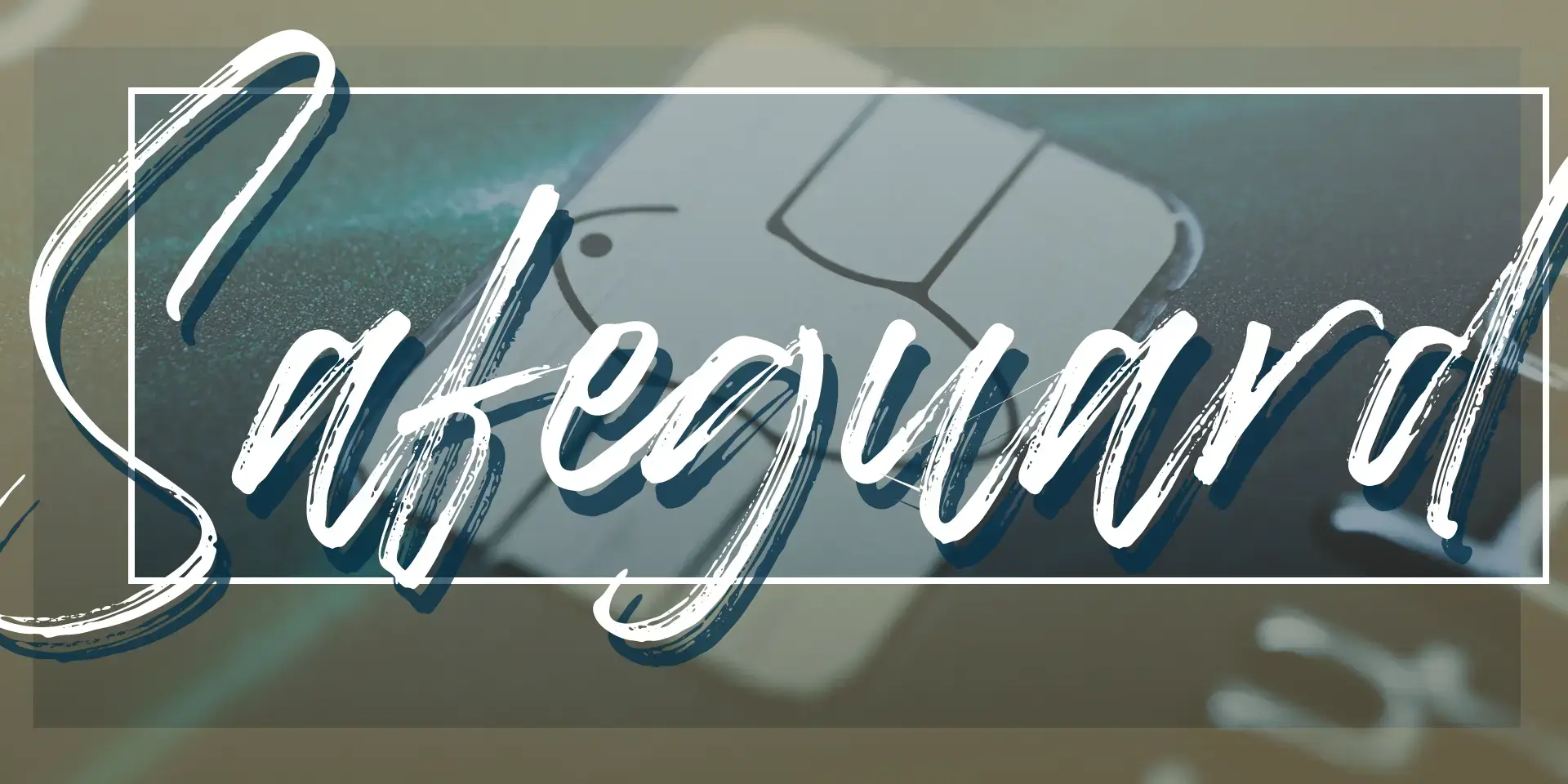How Important is my Credit Rating when Buying a Home?
The short answer is very important. And it is worth protecting.
Preserving your credit rating or score holds significant importance, particularly when considering a home purchase and applying for a mortgage loan. This milestone marks one of the largest loan amounts we typically encounter in our lives.
In addition to organizing your finances and paperwork before purchasing a home, it’s crucial to protect your credit score diligently. Fortunately, there are simple and affordable methods available to achieve this, streamlining the qualification process for your mortgage loan.


1. Review Your Credit Report Each Year
Safeguarding your credit score throughout the home-buying journey begins with understanding your current credit standing. You can access your complimentary credit report at annualcreditreport.com, where you’ll find comprehensive data from all three major credit bureaus: Equifax, Experian, and TransUnion. These bureaus are obligated to furnish you with one complimentary credit report per year.
It’s crucial to meticulously review each credit report for accuracy. Verify that all details, including personal information such as names, addresses, and Social Security numbers, as well as account names/numbers and loan information, are correct. Should you identify any unfamiliar or inaccurate information, promptly reach out to the corresponding business or credit bureau responsible for the report.

2. Keep an Eye on Your Credit with Alerts
Numerous companies offer credit monitoring services at no cost, eliminating the need for expensive subscriptions. For instance, Experian and Credit Karma both provide complimentary credit monitoring services.
Credit monitoring services typically furnish an updated credit report every 30 days, ensuring you’re promptly informed of any unfamiliar activity. They also offer real-time alerts in case of new inquiries, account openings, changes to your personal information, or any other suspicious occurrences.
These alerts are often customizable, allowing you to set the sensitivity levels according to your preferences. It’s advisable to opt for the highest sensitivity levels, especially when safeguarding your credit score during the home-buying process.
While banks and credit card issuers also monitor for fraudulent activity, this shouldn’t replace credit monitoring. Implementing multi-factor authentication can further enhance the security of your accounts.

3. Opt for a Credit Freeze (if needed)
When safeguarding your credit score during the home-buying journey, consider implementing a credit freeze if you suspect any fraudulent activities. A credit freeze restricts access to your credit report by external parties, including mortgage lenders, so it’s a decision that should be made cautiously. However, if you’re grappling with identity theft or fraudulent transactions, freezing your credit is a proactive step to take until the matter is resolved.
Ensure you initiate a credit freeze with each credit bureau to maximize its effectiveness. Failing to do so could leave gaps in your protection, as potential fraudsters may exploit the unfrozen reports from overlooked bureaus.
Freezing your credit doesn’t incur any charges. However, it’s vital to remember to lift the freeze—or “thaw” it—before applying for new accounts or undergoing credit checks. Essentially, you can’t freeze your credit and then immediately proceed with a mortgage application.
Given that mortgage lenders rely on accessing this information, you’ll need to unfreeze your credit before seeking a mortgage loan. Therefore, it’s wise to proactively review your credit status and address any issues well in advance of meeting with a loan officer.

4. Familiarize Yourself with Phishing Emails & Calls
Have you checked on your car’s extended warranty lately? That’s just one of the current scams making rounds. While many of us might easily recognize the obvious scams involving lottery winnings or foreign princes, there are plenty of others that are more deceptive.
Some scams appear as legitimate investment opportunities with enticing returns, while others involve impersonators posing as family members in distress, seeking financial aid. More sophisticated schemes may impersonate your bank, credit card issuer, or even government agencies like the IRS.
Although their tactics may vary, the common thread is their request for personal or financial information—or sometimes, they demand it outright. Safeguarding your credit during the home-buying process involves staying vigilant against these scams.
Never disclose personal information to unsolicited contacts. Legitimate financial institutions, credit card companies, or government agencies will never ask you to verify details via email. If you receive a suspicious call, take note of the details and contact your institution directly.
If the call is genuine, a representative will be able to assist you further. Remember, government agencies typically communicate through traditional mail and will not initiate contact via phone or email.

5. Pause New Credit Spending
A key aspect of the mortgage application process revolves around your DTI, or debt-to-income ratio. This calculation compares your monthly debts (such as credit cards, student loans, and housing expenses) to your gross monthly income (your pre-tax earnings from salary, commissions, bonuses, freelance work, etc.), resulting in a percentage.
While the DTI limit varies depending on the loan program, it typically hovers around 43%. Some programs may permit a higher DTI, but usually at a higher interest rate.
Any new credit applications, whether for a car purchase, furniture bought on credit cards, or a student loan, will increase your debt load and impact your DTI. While it might not be a problem, surprises like this are unwelcome to mortgage lenders.
Most borrowers also dislike the shock of being pre-approved, having their offer accepted, and then facing the possibility of the mortgage falling through due to new credit inquiries or increased credit limits. It’s advisable to hold off on seeking new credit or making significant purchases until after your loan has closed.

Safeguard Your Home Loan Eligibility
Preserving your creditworthiness throughout the home-buying journey requires a mix of vigilance and strategy. Take steps to shield your reputation from harm while striving to present a flawless credit score and report before seeking a mortgage.
Maintaining a solid credit score can lead to favorable interest rates, whether you opt for a fixed-rate loan or an adjustable-rate mortgage (ARM).
US Lending Company is here to guide you through the mortgage application process. Reach out to a US Lending Company Loan Advisor today to set yourself up for homeownership success!
Feel free to get in touch with us today! Any of our US Lending Company Loan Advisors are happy to help you apply this credit rating advice.
US Lending Company is committed to providing the latest developments in the mortgage landscape and helping you save money and stay informed.
The views, articles, postings, and other information listed on this website are personal and do not necessarily represent the opinion or the position of American Pacific Mortgage Corporation or US Lending Company.
* For loan examples and more information visit our disclosure page at https://www.uslendingcompany.com/disclosures/





